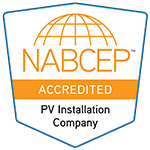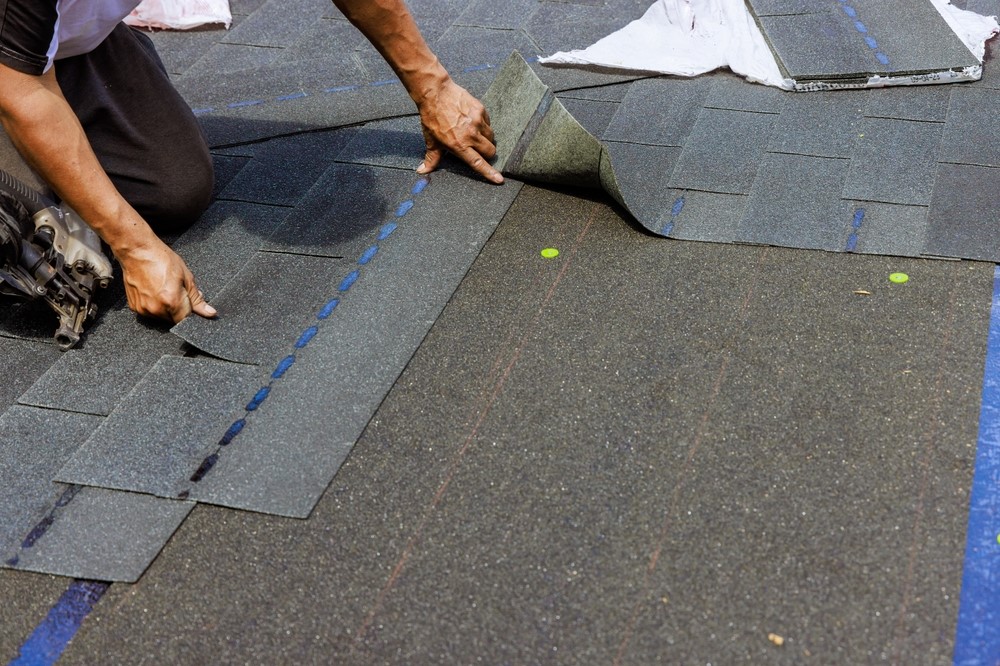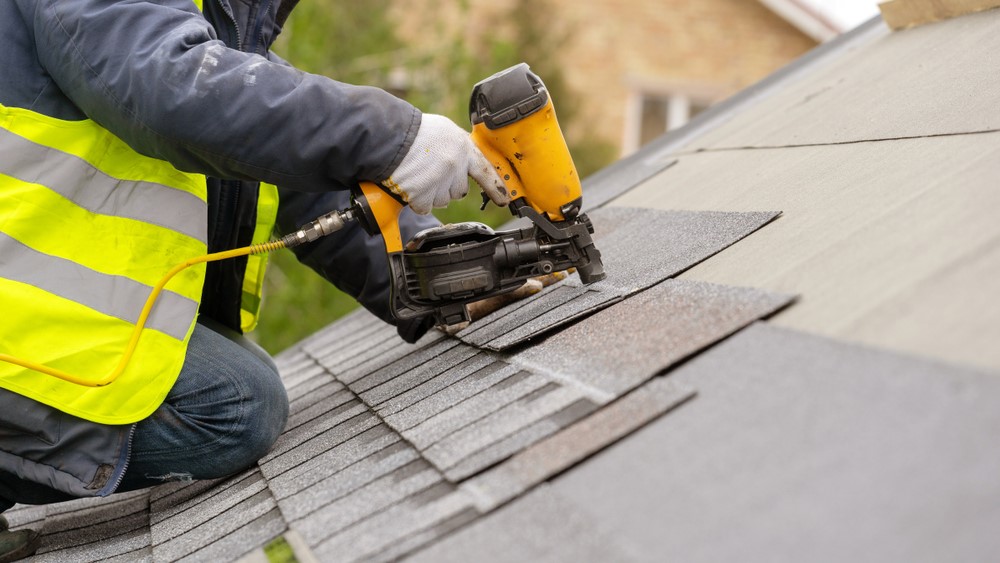How Much Do Solar Panels Cost?
Solar energy has a host of benefits, from lower electricity costs to long-term environmental conservation. If efficient, most systems generate electricity for many years, meaning you can save more on electricity bills in the long term.
If these benefits seem enticing, you may be asking yourself, how much do solar panels cost? Before shopping around for a solar energy provider, here are some of the factors that will impact your final solar panels cost.
Factors to consider before installing solar panels
Solar energy is growing in popularity thanks to the many benefits. Before joining the bandwagon, you need to understand factors that will influence your final price. Here are the things to put into consideration.
Your average monthly electricity bills
Solar panels will save you money on your monthly electricity bills. A good solar panel investment will likely eliminate the bills in the long run. When your electricity bills are high, so are the chances that you will benefit from installing a solar system. Don't consider the electricity bill for one month. Calculate the average across multiple months to determine the ideal outlook. In most cases, monthly electricity bills are bound to fluctuate.
The type of roof
Roofs come in many different shapes and sizes. The roofing type will affect the number of panels needed to generate sufficient energy for your household. Most solar installation companies work with residential roofs like shingles, pitches, and pyramids. However, ensure your roof has some unobstructed space for the panels to maximize the solar hours. Note that the solar panel costs are not based on the square footage of the roof. It is electricity usage that matters most.
Location
Your building needs to be located in the right position for maximum exposure to sunlight. If the house is surrounded by tall buildings, trees, and other obstructions, it may make solar panels inefficient. Talk to your solar panel installation provider to assess your home and its suitability for solar power. Ideally, solar panels need to be positioned to get the most exposure to sunlight at the right times. Factor in the fact that smaller trees around will also grow in time.
Local solar energy incentives
The United States has attractive solar energy tax incentives meant to help homeowners turn to green energy with low solar panel costs. All states allow homeowners to apply for the Federal Investment Tax (FITC). This federal solar tax credit allows homeowners to recoup 26% as of 2020 of the equipment and installation costs for an unlimited amount. As part of the Covid-19 relief measure, the government extended the 26% federal tax credit for two more years, after which the tax will decline to 22%. In 2022 the tax credit will be discontinued for residential customers.
Net metering is another key solar energy incentive available in most states. This billing mechanism helps solar energy customers sell the excess power generated to the grid. Note that states have different net metering rules, but in general, customers receive some credit on their monthly electricity bills.
The solar renewable energy certificate (SREC) is another incentive that enables homeowners to sell credits for their solar panels clean energy production to the investor-owned utilities. As a solar system owner, you will earn one REC for every 1000 kilowatt-hours (kWhs) produced by your solar system unit.
Permits
Based on your location, before installing your solar system, you need all the relevant information about building permits in your region. Without a proper building permit, you risk being fined. Building permits are issued at a local level, and therefore, it is vital to follow all the rules and regulations that apply to your municipality as you fact in your solar panel cost.
Solar installation company
You need to pick an accredited solar installation company. A company dealing with quality equipment will likely provide warranties and regular servicing and maintenance of the systems. Accredited solar companies use the latest technologies in production and installations. They have qualified personnel who oversee the entire installation process and verify its effectiveness. Legit installation companies will also guide you on getting relevant permits. They will evaluate if the property meets the standards for mounting solar panels system in compliance with state and local laws. In general, a good company will give you a clear picture of the question of how much do solar panels cost.
For your solar installation needs True Homes the best service provider. Contact us today to book a session for your home assessment.
Solar panel installation plans
Solar panels financing helps homeowners come up with the funds to purchase a solar panel system. Luckily, solar panels are now more affordable helping you reduce electricity costs. As mentioned, different states have enacted various incentives to help homeowners tap solar energy. In some states, financing combined with different solar options and incentives, households can go solar with 50% off. However, various financing options will allow you to get into solar energy as soon as possible while cutting on the extra power costs.
Loans
Loans are the best option for managing your solar panel cost. Solar panel loans enable households to pay off the installation cost over several years, rather than a one-off payment. If you're searching for funding to finance your solar panels, a personal loan maybe your best option. Furthermore, a Zero Down ($0 Down) solar loan program is another key option. This financing option allows the homeowner to pay $0 upfront for the cost of their solar panels. The cost of the system is then spread out over monthly payment terms with interest factored in.
Solar LeaseThis is the most common way for homeowners to go solar. With solar leasing, a third-party solar financing company buys and takes care of the solar panels; you pay a fixed rate for the solar electricity the system generates. This way, you avoid the upfront cost and lock in low solar electricity rates for up to 25 years. Again solar leases attract zero down payment, and the solar company will handle the operations, monitoring, and maintenance of the system. Once the lease ends, a homeowner can renew or buy the panels outright at a discounted rate.
Remember that with solar leasing, you essentially rent the solar equipment. The solar company owns and installs the system, and the homeowner pays a fixed monthly amount, regardless of how much solar electricity the system is generating.
Cash upfrontOver the years, solar panel prices have significantly declined to make it easier to benefit from this form of energy. You purchase your panels and make full payment when you have your solar panels system installed. You will capture more savings than any other solar financing options. If you can afford it, you will truly own your power and are insulated from the power market price increase while your panels are producing energy. Additionally, as a homeowner, you will also take advantage of all federal and regional tax credits and incentives.
How much do panels save monthly?Using solar energy can save you almost 70% on your electricity bills. However, the amount you save will heavily rely on factors like climate and existing solar incentives in your locality. Once you opt to go solar, many companies will provide a free calculator tool to help you estimate the cost and savings of installing solar panels on your home.
Before contacting your solar installation company, it is wise to picture what this renewable energy source will bring to the table. This is part of conducting the due diligence to determine what will be the overall cost of installing solar panels to your home or business. You can shop around for an online solar installation cost calculator, with most of them asking basic questions like your location, size and type of roof, and the average monthly electricity consumption.
From there, you can contact a reputable solar panel company in your area for quotes. Bear in mind that your home's specific details will affect the labor costs of installation, which is the origin of any variance you might see in the quotes you receive.
Solar panels return on investmentAs mentioned, a solar panel system is a long-term investment bound to cut extra electricity costs for your home. To determine your ROI, you need to calculate the installation payback. Calculate the amount you spent to install the system and then figure out the amount you will save on energy bills monthly. These two metrics indicate how your savings will cover your initial costs. Remember that electricity rates vary by region.
Solar panel costDetermining the final cost of your solar system will depend on various factors. Thanks to local solar incentives, you can get connected at affordable rates. If you reside in an area where you meet all the solar panel installation requirements contact your provider for guidance. Also, note that you can select from the financing plans suitable to your needs.
The Bottom LineSolar panels will save you from the rising utility bill, add value to your home, help save the environment while lowering your monthly electricity bills. The solar cost is manageable thanks to the available incentives like the federal tax credit and financing options; you can enjoy this clean energy without worrying about the impact on your wallet. However, always take your time and look around for the perfect provider. Be on the lookout for cheap programs as they might be costly in the long term.
In general, installing a solar panel system is a smart investment in the long run. Because it's a long-term investment, quality is key for you to get what you pay for. What's more, the cost to install solar panels continues to drop, making the switch ideal for homeowners who are still burdened by electricity bills.
For your solar installation needs True Homes the best service provider. Contact us today to book a session for your home assessment.
Subscribe to TruHome Pros's Blog









Comments